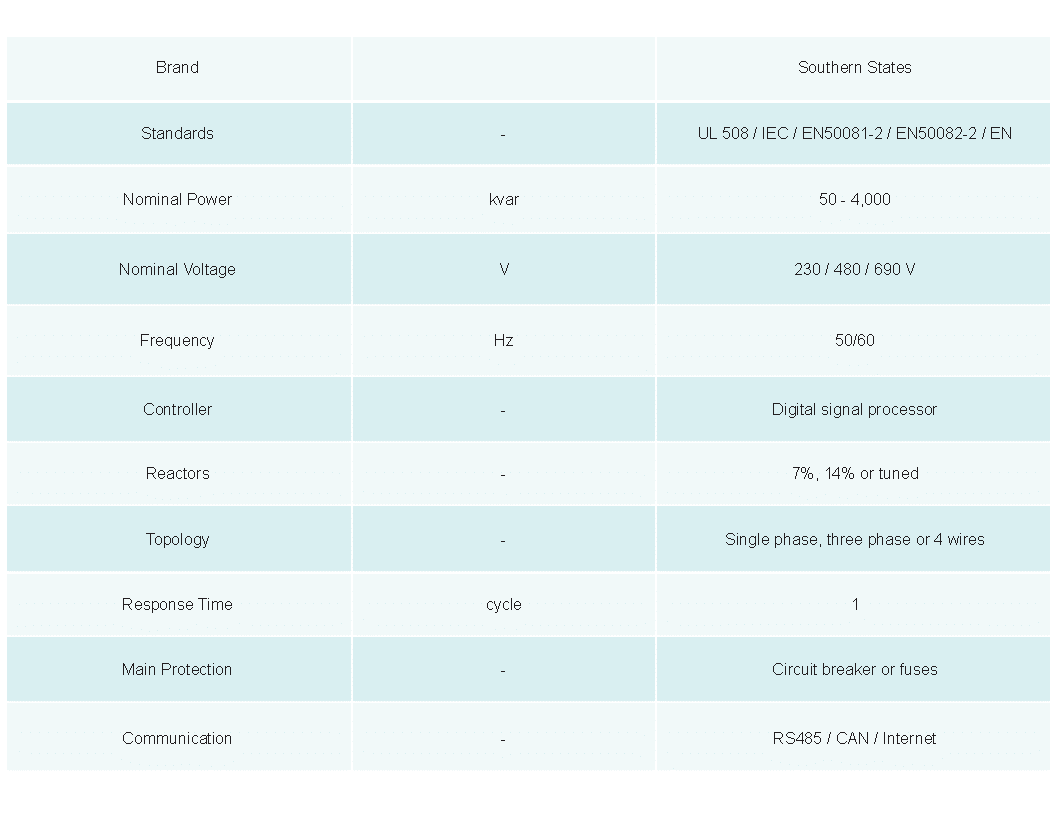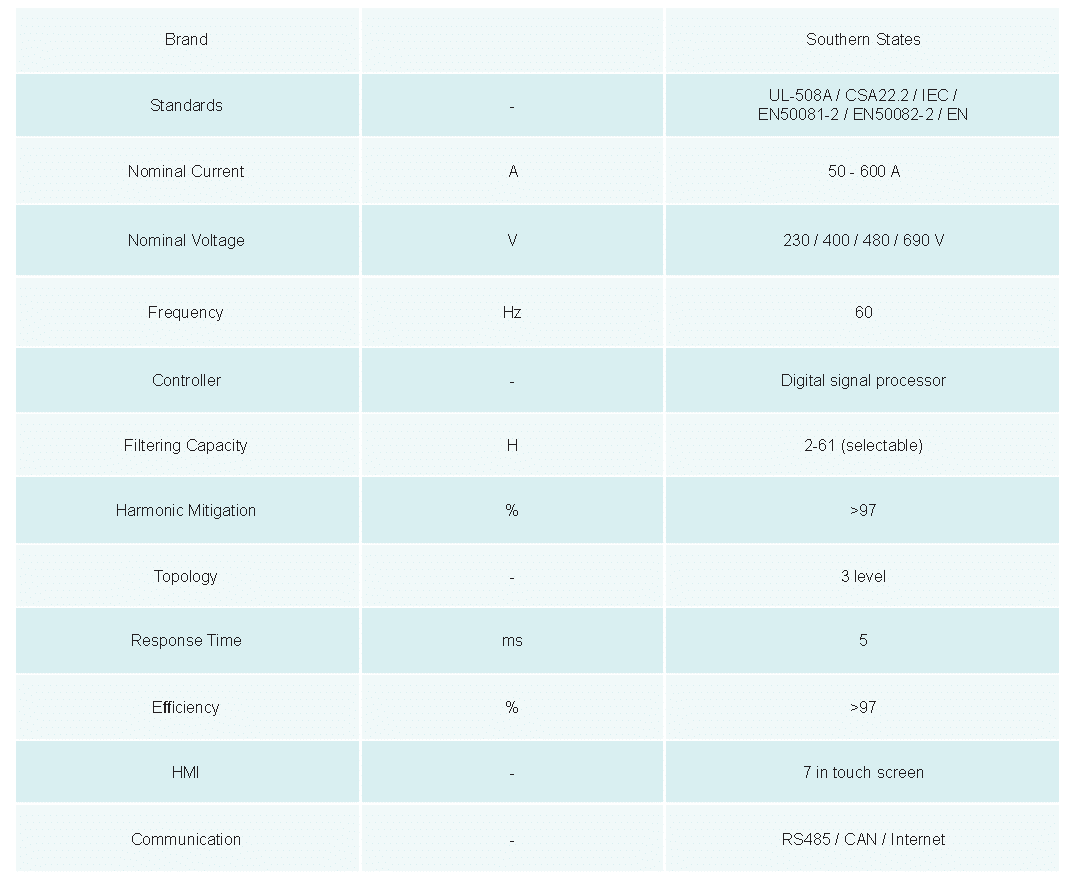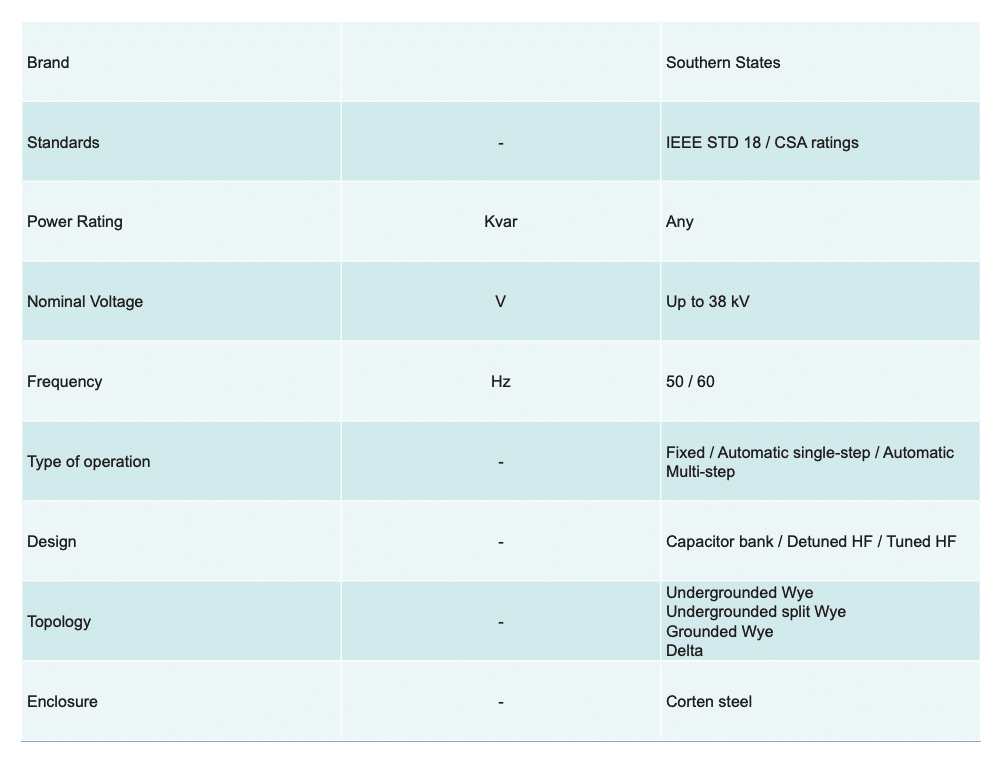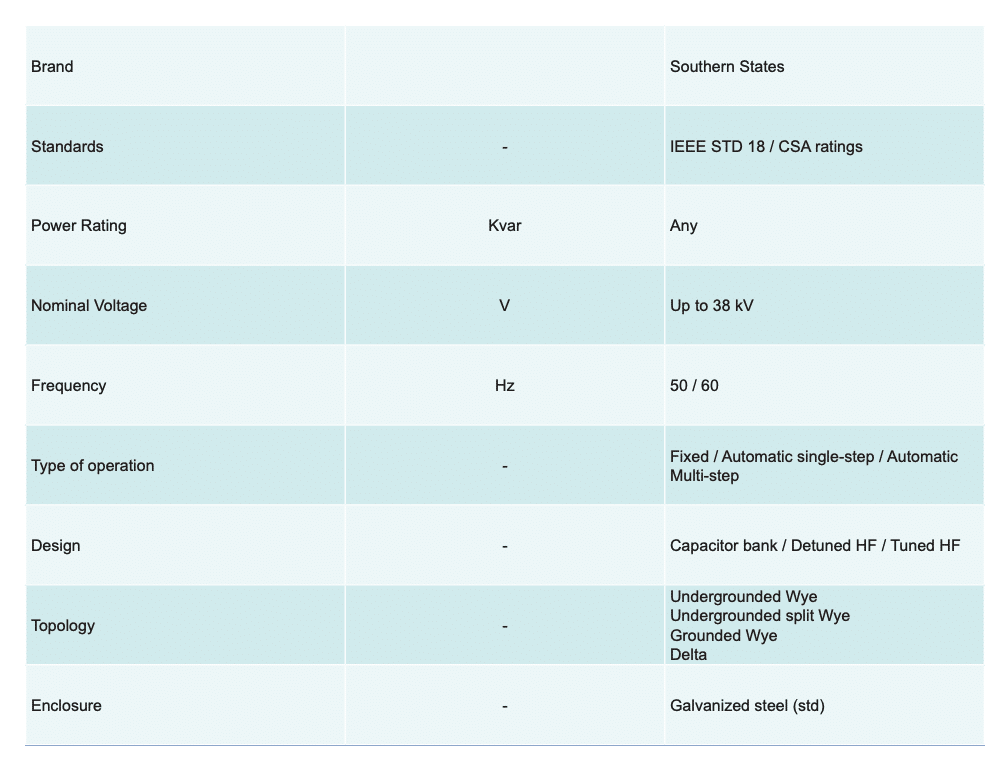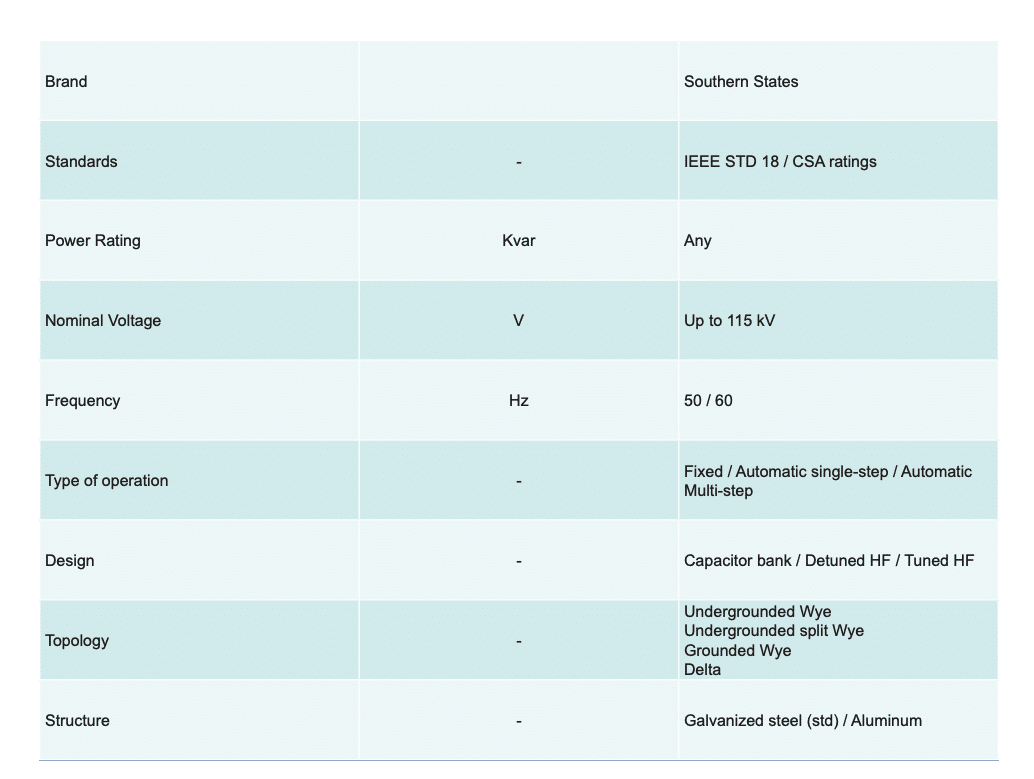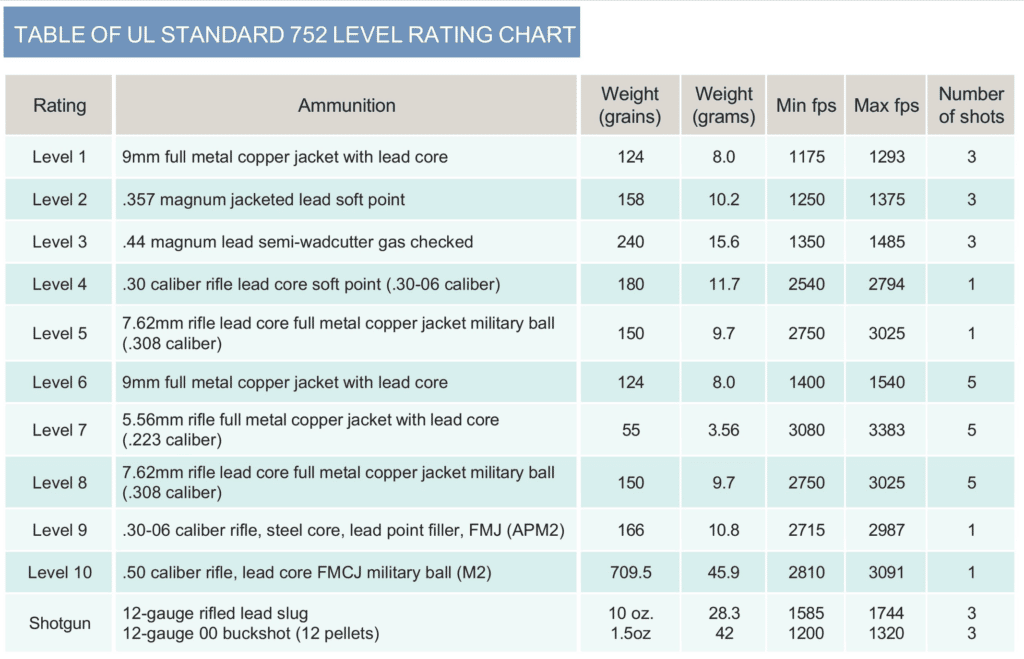Conflict Minerals Policy Statement
Southern States, LLC (“Southern States”) is concerned by reports that profits from the sale of certain minerals and metals mined in the Democratic Republic of the Congo, Central Africa Republic, South Sudan, Zambia, Angola, The Republic of the Congo, Tanzania, Burundi, Rwanda, and Uganda (the “Covered Countries”) have helped fuel war and human rights violations in the region of the Covered Countries. Section 1502 of the Dodd-Frank Wall Street Reform and Consumer Protection Act (the “Dodd-Frank Act”) imposes supply chain reporting requirements on U.S. publicly traded companies to promote transparency and consumer awareness regarding the use of Conflict Minerals in their products. “Conflict Minerals” covered by the Dodd-Frank Act include Columbite-tantalite (coltan), cassiterite, gold, wolframite, and their derivatives, tantalum, tin, and tungsten, along with such additional minerals that the U.S. Secretary of State may determine from time to time.
The U.S. Securities and Exchange Commission (SEC) has adopted rules requiring publicly traded companies to disclose certain information about the use of Conflict Minerals from the Covered Countries in their products. Under the SEC regulations and the Dodd-Frank Act, publicly traded companies are required to perform reasonable country of origin inquiries to determine if the disclosed Conflict Minerals are Conflict Free, meaning that the company’s products do not contain Conflict Minerals that directly or indirectly financed or benefited armed groups in the Covered Countries.
Southern States, like many companies in the electrical and electronic product industries, uses some of these minerals in the manufacturing of its products because they are required for the functional performance of the company’s products. Because Southern States is not a publicly traded company, it is not directly subject to the Dodd-Frank Act and SEC regulations related to Conflict Minerals. However, many of Southern States valued customers are publicly traded companies. These customers require Southern States to comply with the disclosure requirements of the Dodd-Frank Act so as to assist them in certifying that they are in compliance with SEC regulations related to these minerals. It is Southern States’ policy to comply with such disclosure requests and further recognizes it to be a matter of corporate responsibility to use the reporting tools provided by the SEC to ensure that Southern States does not unknowingly finance or benefit armed groups in the Covered Countries.
Southern States does not purchase Conflict Minerals directly from smelters or mines, and therefore must rely on the source information provided by its suppliers. Southern States is working closely with its direct suppliers to trace newly-mined minerals back to their origin in order to ensure responsible sourcing. As tracing methods evolve, Southern States intends to incorporate any additional feasible and proven methods into its compliance program.
Southern States requires suppliers whose products contain Conflict Minerals to submit this information to Southern States using the standardized EICC/GeSI Conflict Minerals Reporting Template (CMRT) that traces the metals back through the supply chain. Southern States also supports industry initiatives such as the Conflict Free Smelter (CFS) program to validate responsible and sustainable sources. If Southern States becomes aware of a supplier whose supply chain includes Conflicts Minerals that are not Conflict Free, Southern States will take the appropriate actions to remedy the situation in a timely manner, including reassessment of supplier relationships. Southern States expects our suppliers to take similar measures with their suppliers to ensure alignment throughout the supply chain.
In its attempt to support its customers’ compliance with the Dodd-Franks Act and the SEC regulations regarding Conflict Minerals, Southern States will conduct a periodic supply chain audit of its suppliers.

